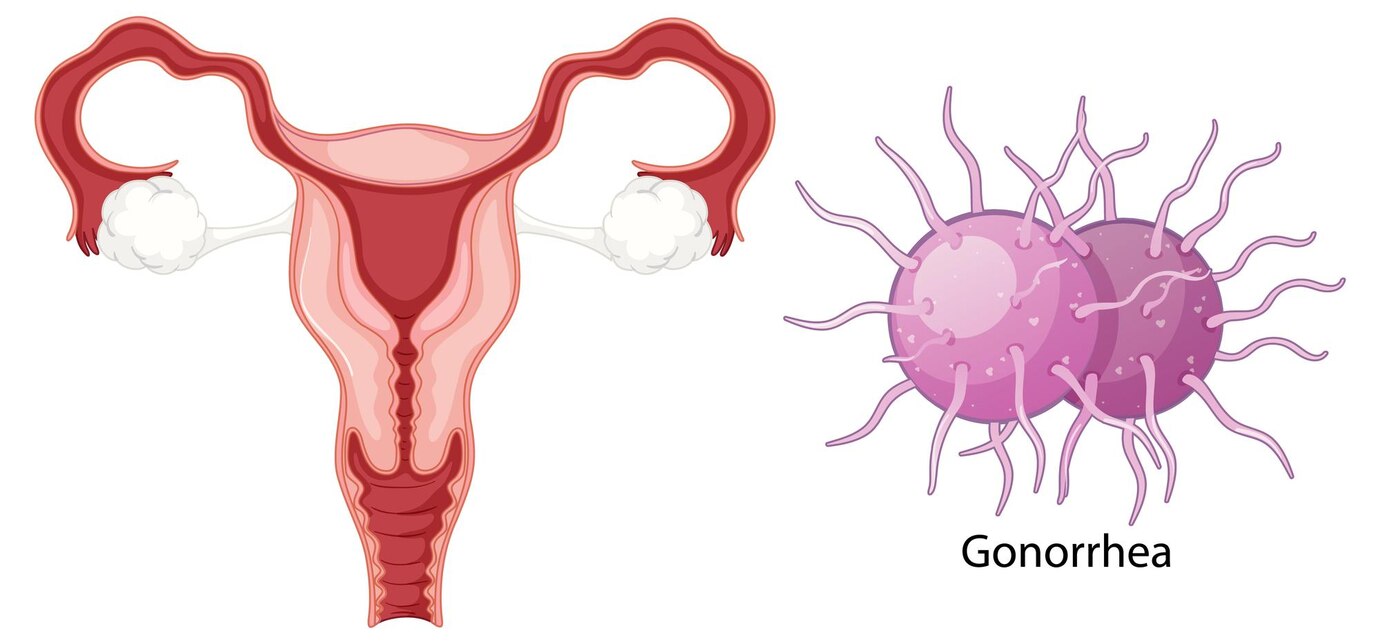While condoms are the safest and easiest available sexual pleasure enhancers as well as birth controllers and protectors from STDs, in spite of their positive points, if used improperly can be catastrophic. Condoms, though are in reach of everyone but there are some proper ground rules which must be kept in mind while using condoms. Some of these areas under:
Why condoms get torn?
Improper carrying and storing of condoms tends to break them down. Condoms are stored in wallets by many men and it might result in them breaking or puncturing because of your coin purse or keys, same goes if you store condoms in glovebox of your car as temperature rises in there. Condoms must be stores precisely at room temperature away from heat and sunlight. Extreme conditions can take away elasticity of condoms and hence can result in breaking of those. We must also check some common things while buying them or before using them such as manufacturing and expiry of condoms. Using them at their prime offers proper lubrication as well as slim chances of getting broken.
Application issues also lead to more problems such as spillage and chances of pregnancy. Holding the tip tightly for no air inside and rolling up to the base of an erect penis are very important. The most basic part of it is that it should be applied on an erect penis only and if by any mistake it is rolled inside out, the same condom should not be used again. It should be thrown away. Another part of improper condom usage is that one condom is used for anal, vaginal and oral sex which is not suitable. One condom must be thrown away after one part of the intercourse.
There is a common supposition and rumour that using two condoms instead of one will double up the protection. The reverse is true but this is not. If we use two condoms on top of each other, it will result in increased friction which will lead to the condom tearing up. A single condom provides lubrication whereas using two condoms only leads to losing it and resulting in friction. It is the best that we must stick to using a single condom per time.
Condoms should not be reused. They should not be reused even if you are during the intercourse with same person. These are one time usage products and once you lose erection, these must be thrown away. Using condoms again increases chances of spreading STD, safeguarding from which you earlier did use condom. So to avoid going back to square one, we must always use a condom once and never reuse it. Condoms should not be used for multiple body parts too. If a condom is used during oral sex, it cannot be used for vaginal or anal. This is because we do not want condom to become a carrier of fluids hence resulting in STD to our partner and then it reaching out to us.
Things to consider while buying a condom?
Condoms are available in market in a lot of material choices. They vary from latex to animal based condoms. While latex are the industry standards with protection, animal based condoms do not offer same level of protection. So we must be very careful with our choice of products. Further there are other types of condoms like glow in the dark condoms which are objectified for entertainment purposes more than protection. So these kind of condoms too do not provide that level of protection.
Choosing an adequate lubricant is important. While condoms do have lubrication on them, you must also use additional water based lubrication to make friction go hence lowering chances of condom puncture. Oil based lubrication should be avoided as it can rupture condoms. Always use water based lubrication.
FAQ on Sexual Health and Condom-Related Mistakes
1. Why is it important to use condoms during sex?
- Condoms are crucial for preventing sexually transmitted infections (STIs) and unintended pregnancies. They act as a barrier, reducing the risk of transmitting infections like HIV, chlamydia, gonorrhea, and others.
2. What are common mistakes people make when using condoms?
- Common mistakes include using an expired condom, not leaving space at the tip, not checking for damage, using oil-based lubricants with latex condoms, and not using a condom throughout the entire sexual encounter.
3. How can I ensure the condom is on correctly?
- Pinch the tip of the condom to leave space for semen, then roll it down to the base of the erect penis. Make sure the condom is not inside out and check for any tears or defects before use.
4. What should I do if the condom breaks during sex?
- If a condom breaks, stop immediately, and consider emergency contraception if pregnancy is a concern. Both partners should also get tested for STIs. Using the correct size and ensuring the condom is not expired can help prevent breakage.
5. Is it safe to use two condoms at once for extra protection?
- No, using two condoms at once (double-bagging) is not recommended. The friction between them can cause tearing, increasing the risk of condom failure.
6. Can I reuse a condom?
- No, condoms are designed for single use only. Reusing a condom increases the risk of STIs and pregnancy due to reduced effectiveness.
7. What are the signs that a condom is expired or damaged?
- An expired or damaged condom may feel brittle, sticky, or dry. The packaging may also be damaged or discolored. Always check the expiration date and packaging before use.
8. How should condoms be stored?
- Condoms should be stored in a cool, dry place away from direct sunlight, heat, and sharp objects. Avoid keeping them in wallets or car glove compartments where they can be damaged.
9. What types of lubricants are safe to use with condoms?
- Water-based and silicone-based lubricants are safe to use with latex condoms. Avoid oil-based lubricants (like petroleum jelly, baby oil, or lotion) as they can weaken the latex and cause the condom to break.
10. Can condoms be used for all types of sexual activities?
- Yes, condoms can be used for vaginal, anal, and oral sex to reduce the risk of STIs. There are also specialized condoms for different types of sexual activities, such as flavored condoms for oral sex.
11. How can I choose the right size of condom?
- Condoms come in various sizes to ensure a proper fit. A condom that is too tight can break, while one that is too loose can slip off. Experiment with different sizes to find the one that fits snugly without discomfort.
12. What should I do if the condom slips off during sex?
- If a condom slips off, stop immediately and remove it. Consider emergency contraception if pregnancy is a concern, and both partners should get tested for STIs. To prevent slipping, ensure the condom is the correct size and properly rolled down to the base of the penis.
13. Is it necessary to use condoms even with other forms of contraception?
- Yes, using condoms in addition to other forms of contraception (like birth control pills) is recommended to protect against STIs, which other contraceptives do not prevent.
14. What are the risks of not using a condom properly?
- Improper use of condoms can lead to an increased risk of STIs and unintended pregnancy. It can also reduce the overall effectiveness of the condom as a protective barrier.
15. How can I talk to my partner about using condoms?
- Open and honest communication is key. Discuss the importance of protecting both of your health, and address any concerns or preferences your partner may have. Practicing safe sex should be a mutual priority.
16. Are there condoms designed for people with latex allergies?
- Yes, there are latex-free condoms made from materials like polyurethane, polyisoprene, or nitrile, which are safe for people with latex allergies.
17. How can I avoid condom-related discomfort or irritation?
- Choose the right size and material for your comfort. Using plenty of water-based or silicone-based lubricant can also reduce friction and prevent irritation. If discomfort persists, consider trying a different brand or material.
18. What should I do if I or my partner has an allergic reaction to condoms?
- If you or your partner experiences itching, redness, or swelling after using a condom, you may be allergic to latex. Switch to a latex-free condom and consult a healthcare provider if symptoms persist.
19. Can using a condom reduce pleasure during sex?
- While some people may initially feel a reduction in sensation, many find that using a thin or ultra-thin condom can still provide pleasurable sensations. Proper lubrication can also enhance comfort and pleasure.
20. What should I do if I’m embarrassed to buy condoms?
- Remember that buying condoms is a responsible act that shows you care about your health and your partner’s health. You can purchase them discreetly online or at stores with self-checkout options if you prefer privacy.




